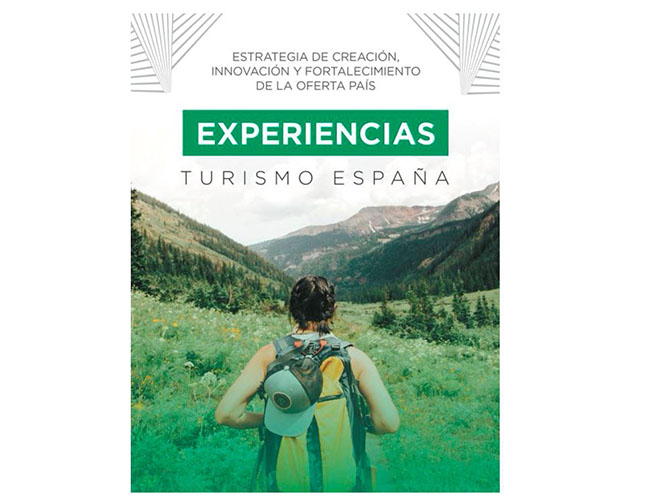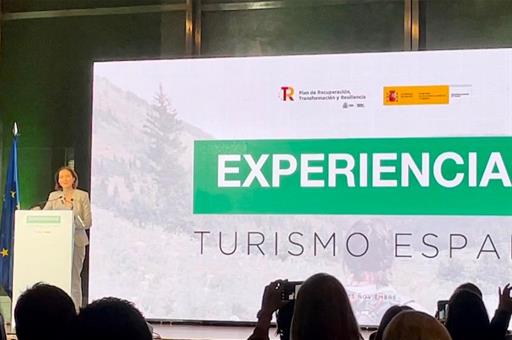Strategy Experiences Tourism Spain
Tourism devotes 100 million euros to the creation, innovation and strengthening of the country's offer
News - 2021.11.25
This programme is part of the Tourism Sector Modernisation and Competitiveness Plan financed with NextGenerationEU recovery funds. A programme aimed at supporting networks of public and private actors throughout the country working on the same experiences. This will make it possible to improve the experiential offer that Spain makes available to its visitors and to attract quality tourism.
During her speech, the minister stressed that Spain "is much more than a destination, it is an experience: it is culture, gastronomy, heritage, music, its people, in short, Spain is lived". For the head of tourism, Spain is "a pioneer in implementing a country strategy that responds to new consumer habits. Tourists have a greater awareness of their free time and leisure and demand unique experiences that differentiate them from traditional tourism products, thus demanding a more diversified and enriching offering. The aim of the strategy is to continue to maintain our leadership in tourism, also in terms of product.
The Secretary of State for Tourism, Fernando Valdés, whose department will publish the first call for competitive grants for Tourism Experiences in Spain projects before the end of the year, also took part in the presentation ceremony.
The strategy recognises tourism as a multi-stakeholder space, in which private actors, who make up a dynamic and central sector for the country play a part; public actors, responsible for the management of destinations and of the common goods on which a large part of the offering is built; and actors from organised society, such as associations and foundations whose work focuses on tourism.
Furthermore, this plan acts on the need to align any action in the field of tourism with the main lines of action set out by the European Union and those that structure the Government's action plan to overcome the crisis caused by Covid and to seek formulas that will enable us to emerge stronger from it.

Strategy objectives
The general objective of the Strategy for the Creation, Innovation and Strengthening of Tourism Experiences in Spain is to strengthen the networks of actors working on the creation or adaptation of experiences at the national level, as well as to increase and improve tourism experiences in Spain that value the tangible and intangible heritage related to the authenticity of the territories and their populations for their international promotion.
The Strategy, as well as contributing to improving the competitiveness of our tourism model, has other intermediate objectives:
- Diversification and deseasonalisation. Develop new tourism products and improve the capacities of destinations to achieve a diverse offering and deseasonalised demand.
- Deconcentration. Develop products and destinations to attract tourists to new rural or inland destinations, reducing pressure on pioneering destinations, especially by protecting the natural environment and the historical and cultural heritage. This will address the fundamental objective of the demographic challenge.
As specific objectives we can point out:
- Improving the sustainability of tourism experiences, both environmental, social and economic, by incorporating best practices and aligning them with the objectives of ecological transition, demographic challenge and circular economy.
- Driving the digital transition applied to resources, products and services to transform existing tourism experiences or enable the emergence of new tourism experiences and improve efficiency, accessibility and agility.
- Improving the exchange of good practices to achieve smart, sustainable and inclusive growth in the territories and contribute to greater social and territorial cohesion in tourist areas.
- Through the search for new mechanisms and processes, achieving improved governance in the tourism sector by enabling formulas and spaces for common work that allow for collaborative innovation at the country level.
- Support entities that already work in a cooperative logic, such as the associative fabric and other models of tourism entities, to improve trust between agents and promote better networking.
- Improve resilience by increasing the preparedness of businesses, destinations and citizens for crises or problems faced by the sector.
Non official translation





